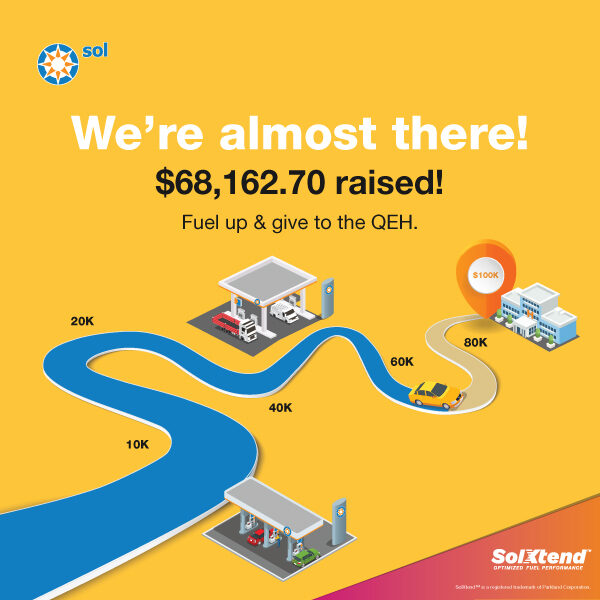Minister in the Ministry of Finance Ryan Straughn yesterday highlighted some of Government’s objectives regarding the Bridgetown Initiative.
Speaking as a member of the panel of Parallel Session 1 at the OPEC Fund Development Forum in Vienna, Austria, yesterday, he spelled out Government’s focus on the marine environment.
“We are actually currently undertaking a marine spatial plan which is being supported by the Irish Marine Institute and the purpose of that is to identify at least 30 per cent of the marine space that we will protect for the purpose of biodiversity as our contribution to mitigating against the impact of the climate crisis. And that will unlock about US$50 million over 15 years. Monies that obviously would have been spent on interest, we’ve been able to unlock to be able to focus specifically on that.”
Straughn said funds were used to mitigate some of the island’s freshwater distribution, in keeping with the United Nation’s sustainable development goals (SDGs).
“Barbados is one of the world’s foremost water scare countries. We are limestone predominately, we have no settled rivers, so we managed our ground water through the aquifers, which is a very delicate balance between the lovely sea water and the fresh water, which has to be managed very, very carefully.
“And so we were able to, again with the Inter-American Development Bank, European Investment Bank, as well as the Green Climate Fund, to execute a debt swap that allows us to upgrade our South Coast [Sewage Treatment] Plant to a tertiary treatment plant.
Access to water
“We reuse that water to replenish the aquifers in order to be able to help better manage the ground water supply as well as the distribution . . . . Development as we have mapped out in relation to the course of the next 15 years or so, but certainly to be able to achieve the SDGs (sustainable development goals) by 2030, requires us to ensure that households and businesses have access to water, good infrastructure, in order for whether tourist or residents to be able to thrive on the island.
“Therefore, the ability to be able to raise financing to achieve the SDGs whilst at the same time building climate resilience, building social resilience because that’s important in order to ensure that there is proper inclusion in the
growth trajectory is something that we have had some pressures to be able to serve,” he said.
OPEC
Despite some challenges, Straughn said he was grateful for platforms such as OPEC and its role in assisting smaller states.
“Of course, we’ve had COVID, we have the volcano from St Vincent – that ash fell on Barbados, we’ve had a couple hurricanes over the last several years, so it has not been without its challenges as a finance minister just trying to keep things stable whilst trying to transform at the same time and therefore opportunities like this with OPEC [Organisation of the Petroleum Exporting Countries], deliberately intervening to be able to ensure that small states can chart a course that is respectable with dignity in the world, I think it’s most important and fundamental.
“Therefore, what we will need specifically is essentially more concessionality, rates that are lower and for longer that allows us the space to be able to help deliver for people and I think that that is no different than any other part of the world,” he said.
“We are happy to be able to help, through the Bridgetown Initiative. If my Prime Minister [Mia Amor Mottley] were here, she would say that the world needs to pay attention to those who are most vulnerable because the way that we treat those who are most vulnerable will determine the future of mankind,” he added.
The focus of yesterday’s Parallel Session 1: Scaling Solutions for Vulnerable Economies,
highlighted the importance of achieving a sustainable transition for fragile states.
(SG)

